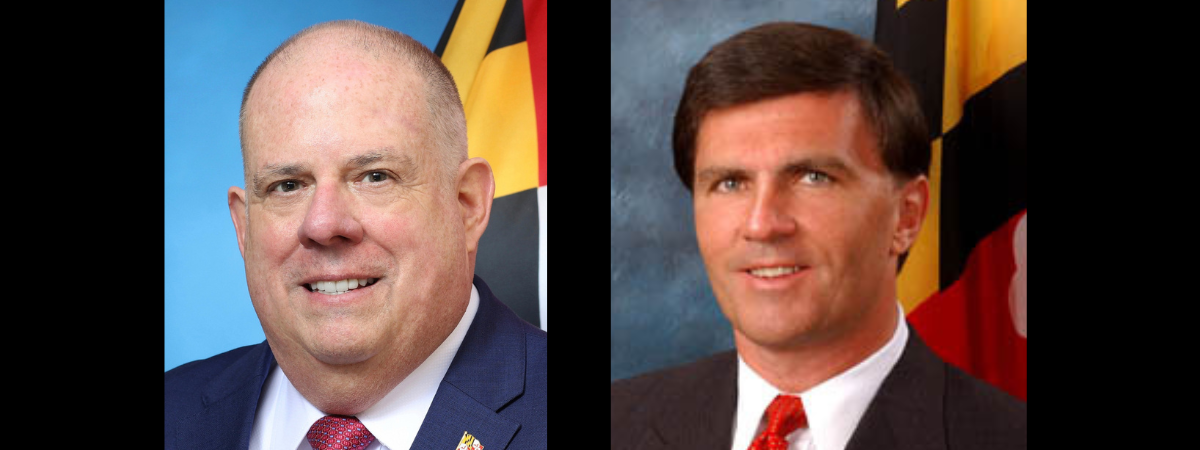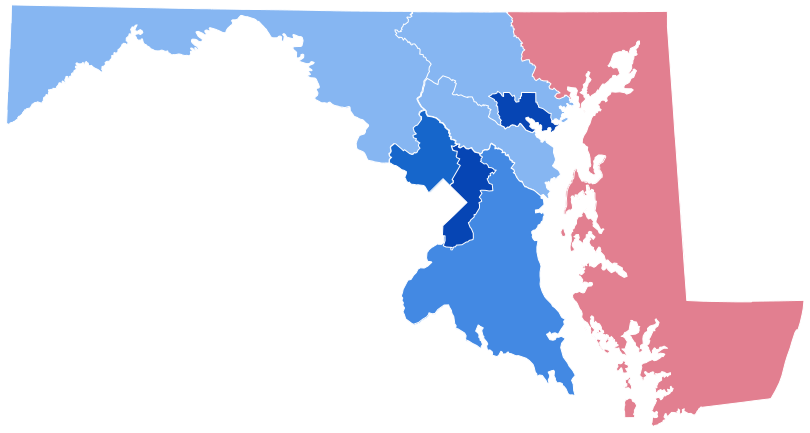Supreme Court Watch
On the first Monday of October, 2017, the Supreme Court began a new term. This is the eighth in a series designed to focus on decisions of the Court in this new term that might have an impact on the Eastern Shore.
On the very last day of the 2017 Term before the summer recess, the Supreme Court announced its decision in one of the most major cases pending before the Court. By a vote of 5-4, a narrowly divided Court determined that public employee unions could no longer charge non-members for the costs related to collective bargaining and grievance activities conducted by the union on their behalf. The case was Janus v. American Federation of State, County, and Municipal Employees, Council 31 (AFSCME), previously discussed in an earlier Common Sense article.
Most states permit public employees to select an exclusive union representative to deal with management. Once selected, the union has an obligation to bargain on behalf of all represented employees, whether members of the union or not. More than 20 states, including Maryland, allow public employee unions to charge all represented employees, even those who choose not to belong to the union, fees for work on their behalf in order to cover the union’s costs incurred in providing workplace-related services such as collective bargaining and the processing of grievance claims. These fees are often called “agency” or “fair share” fees.
Forty-one years ago, in a case called Abood v. Board of Education, the Supreme Court drew a distinction between mandated payments for a union’s purely political activities, which it held were forbidden by the First Amendment, and ones for more conventional workplace-related union services. Even were these latter fees to have some impact upon an objector’s free speech interests, the Court then held that payment of agency fees for these kinds of services was “constitutionally justified” in order to ensure “labor peace” and to prevent “free riders” who would otherwise benefit from those services for free.
Mark Janus is employed by the State of Illinois in a bargaining unit that is exclusively represented by AFSCME. The collective bargaining agreement covering his employment contains a fair-share clause. Janus is not a member of the union and objects to paying his fair-share fee because he disagrees with the union’s “one-sided politicking for only its point of view.” In briefs filed on his behalf before the Court it is claimed that even the collective bargaining activities of a public employee union are intrinsically political because those activities affect levels of government spending.
The Court’s majority, in an opinion authored by Justice Alito,determined that “states and public-sector unions may no longer extract agency fees from non-consenting employees” because to do otherwise would violate the First Amendment rights of that non-member. In doing so, the Court expressly overruled the Abood decision. Rejecting the Court’s earlier “labor peace” justification in that decision, Justice Alito wrote, “whatever may have been the case 41 years ago when Abood was handed down, it is now undeniable that “labor peace” can readily be achieved through means significantly less restrictive . . . than the assessment of agency fees.” In also holding that agency fees could not be justified on free-rider grounds, the majority concluded that the designation as exclusive representative results in a tremendous increase in the power of the union “greatly outweighing any extra burden imposed by the duty of providing fair representation for nonmembers.”
Justice Kagan wrote for the four dissenting Justices asserting that for over 40 years, Abood had struck a “stable balance” between the First Amendment rights and the states’ interests in running their work-forces as they thought proper. Justice Kagan contends that the majority avoided the key question, which is whether unions without agency fees would be able to carry on as an effective exclusive representative. Without a fair-share agreement, the number of union non-members spirals upward. Employees (including those who love the union) realize that they can get the same benefits even if they let their memberships expire. And when this “vicious cycle” finally ends, chances are that the union will lack the resources to effectively perform the responsibilities of an exclusive representative — or, in the worst case, to perform them at all. The result, Justice Kagan predicted, will be to frustrate the interests of every government entity that thinks a strong exclusive-representation scheme will promote stable labor relations.
As the Kagan dissent suggests, the Court’s decision could have repercussions beyond Illinois in the more than 20 other states (along with the District of Columbia) that also currently allow public-sector unions to collect fees from nonmembers to cover the cost of collective bargaining.
Public worker unions like AFSCME predictably will suffer severe membership and financial losses because they will likely lose support not only from workers who purport to object to the positions they take in negotiations but also from anyone who simply would wish to enjoy the benefits of a union’s work on her behalf without having to contribute financially to the outcome.
Common Sense for the Eastern Shore








